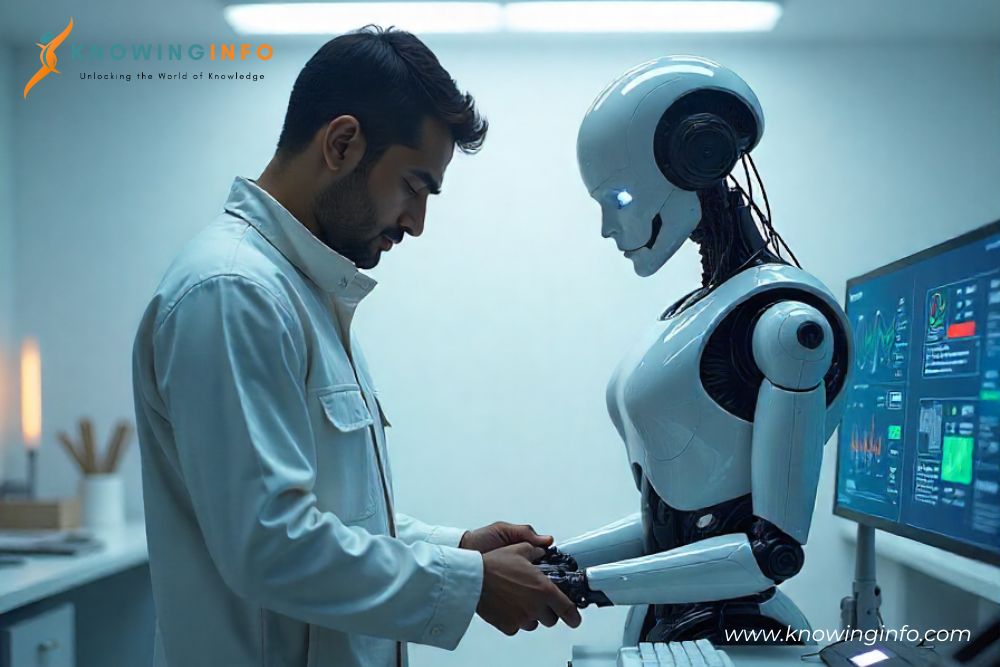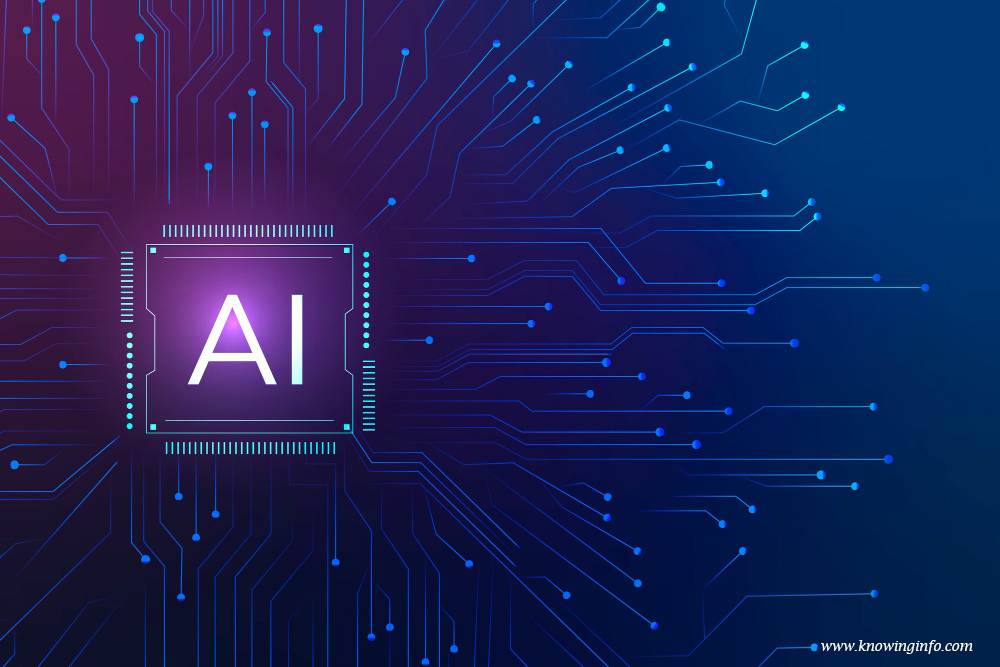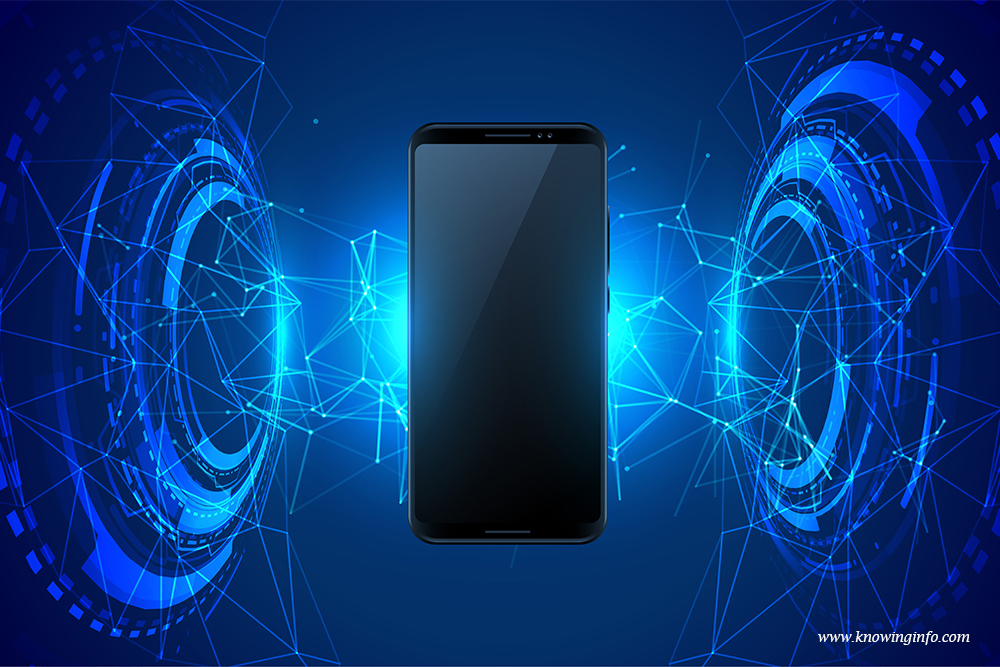Agentic AI is redefining human-computer interaction by going beyond traditional chatbots and becoming more autonomous and intelligent

For a long time, people assumed that chatbots would be the future of interacting with computers. They could answer simple questions, help with customer service, or give directions on a website. But if you have ever used them, you will understand that they felt limited. They sounded robotic and can easily get confused if you ask any different questions from what they were programmed for.
Now, a new kind of technology has come and changed the game, which is agentic AI. Unlike old chatbots, agentic AI not only replies to you but it can honestly take action, make choices, and plan steps on its own. It is more intelligent, flexible, and much more useful in everyday circumstances.
From Simple Chatbots to Smarter Agents
Old chatbots were very simple and basic. When you ask them a question, they will answer you according to a set list. That was ok for simple things like “What time do you open?” but not suitable for anything complicated.
On the other hand, Agentic AI works in a smarter way. It doesn’t need you to spell out every step. It understands you and takes action according to it. For example, instead of telling you the weather in New York, it can help you to plan the whole week, like checking the weather, suggesting activities, and even finding hotel options.
It can easily do this because it mixes language skills with memory, problem-solving, and the power to use other apps and tools. Overall, it not only answers your questions but also helps you to get things done.
What Makes Agentic AI Different?
Agentic AI is unique because it does more than just answer questions. Here’s how it stands out:
- It works on its own: you don’t need to tell everything what to do; it can suggest ideas on its own or start tasks for you.
- It remembers things: it keeps track of what you have done in the past and understands your choices accordingly so that it can provide you with better answers next time you ask it.
- It follows the goals: instead of only giving the answers to our questions at a time, it can also manage to do big tasks step by step until the job is done.
- It adjusts: the best thing is that you can connect it easily with apps and online tools. It’s flexible and can take on many different jobs without requiring reprogramming again and again.
All of these things make agentic AI feel less like a basic tool and more like a valuable and useful digital teammate.
Where Are We Already Noticing It?
Agentic AI isn’t just a future concept; it’s already being used in real life in many areas:
- Healthcare: it can help in healthcare by looking at patient information, suggesting possible treatments, and keeping track of progress, not just answering simple health questions.
- Education: Instead of only answering your educational questions, it can easily create custom learning plans that fit each student’s requirements.
- Business: it can help you in business, like it can organize projects, reminding teams about deadlines, and even offering ways to fix problems.
- Every day life: it can also help a lot in daily life by scheduling your day, writing emails, or collecting information, so you don’t have to do everything yourself.
In short, agentic AI isn’t just another tool. It feels more like a teammate that works alongside you.
Why Does ThisMatters (and What to Watch Out For)?
Agentic AI is very helpful because it can save you a lot of time, take over boring or repetitive work, and help us focus more on creative or important decisions. It also manages tasks in the background quietly to reduce stress.
But there are some important things which we should watch out for. When AI start making its own choices, people naturally ask:
- Can we actually trust AI to make the right choices?
- How will we make sure that it always follows human values and goals?
- How much freedom should we really give it?
A New Method of Working With Technology!

Agentic AI is a very big and important step forward in how we use computers. Instead of only asking questions and typing commands, we are moving towards a future where computers can really think, act, and learn with us.
You can assume this is like working with a teammate. This “digital teammate” will always remember what you like, can help you manage your projects, and can even offer new ideas. As it grows, it won’t only change how we use technology, but it could completely transform the way we work, learn, and connect with others.




